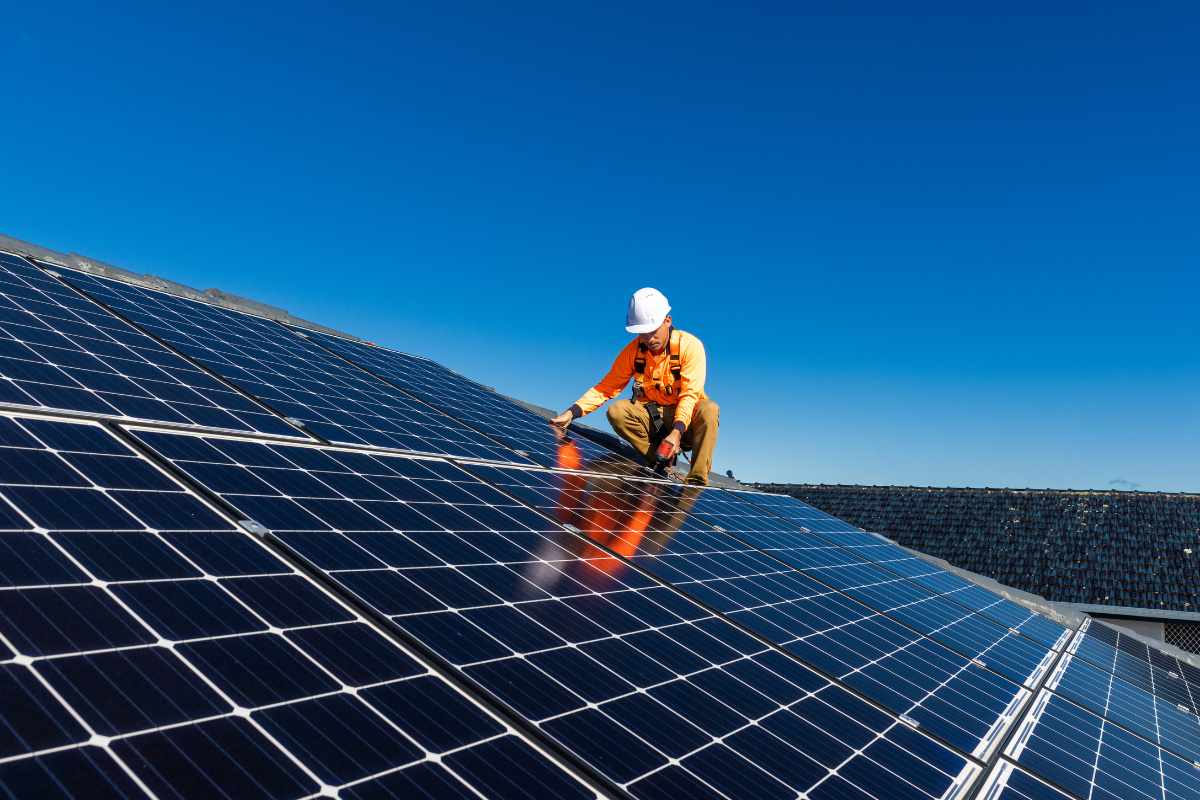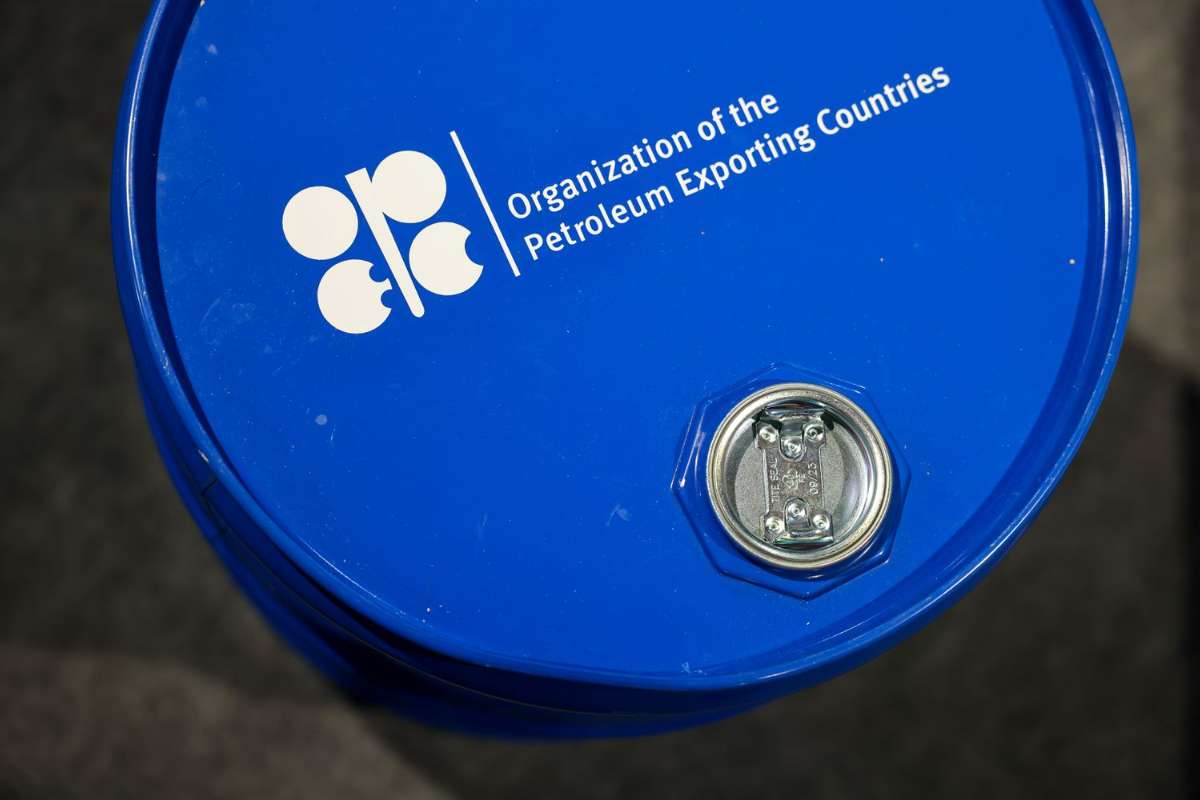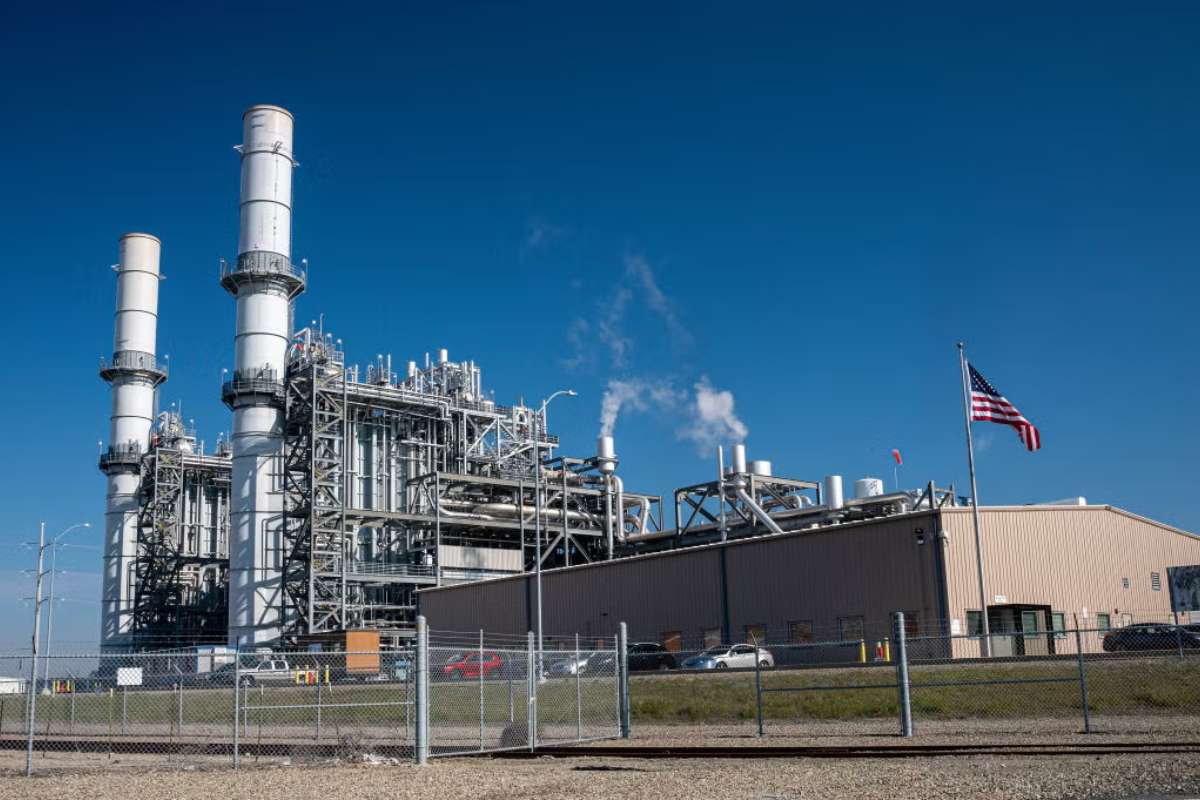As the world grapples with climate change and rising energy demands, solar power has emerged as one of the most viable and sustainable solutions. Solar panels, capable of harnessing the sun’s energy, are at the forefront of this clean energy revolution. Behind this innovation stands a crucial industry—solar panel makers. These companies are not only responsible for producing solar panels but also for driving research, innovation, and efficiency in the renewable energy sector.
This article explores the key players in the solar panel manufacturing industry, their impact on the global energy landscape, and how they are contributing to a greener future.
The Global Landscape of Solar Panel Manufacturers
The solar panel manufacturing industry has seen significant growth in recent years. With governments and private sectors investing heavily in renewable energy, solar panels have become more affordable and efficient. Leading solar panel manufacturers have played a vital role in this progress by continuously improving panel efficiency and reducing production costs.
Some of the largest and most prominent solar panel builders operate in Asia, Europe, and the United States. China, in particular, dominates the global solar market, with companies such as Trina Solar, JinkoSolar, and JA Solar being some of the top producers worldwide. These manufacturers are responsible for producing vast quantities of solar panels that are installed in homes, businesses, and utility-scale projects.
Top Solar Panel Manufacturers in the World
- Trina Solar
Trina Solar is one of the largest solar panel manufacturers globally, known for producing high-quality and cost-effective solar modules. Founded in 1997, the company has made significant strides in photovoltaic (PV) technology, consistently ranking among the top manufacturers. Trina Solar’s research and development efforts focus on improving the efficiency of solar cells, ensuring they provide more energy per square meter. - JinkoSolar
Another leading player in the industry, JinkoSolar is based in China and has expanded its operations worldwide. The company is known for its innovation in solar panel production and has supplied solar panels for numerous large-scale projects. JinkoSolar prides itself on its commitment to sustainability and reducing the carbon footprint of its production processes. - JA Solar
JA Solar, also based in China, is a key player in the solar industry. The company is recognized for its advanced solar cell technologies, offering both monocrystalline and polycrystalline panels. JA Solar is dedicated to improving the conversion efficiency of its products, making them a popular choice for residential, commercial, and utility-scale solar installations. - Canadian Solar
As one of the largest solar panel manufacturers outside of China, Canadian Solar operates in over 160 countries. The company has a strong focus on quality and durability, producing solar modules that can withstand harsh weather conditions. Canadian Solar’s products are widely used in solar farms and rooftop installations around the world. - First Solar
An American company, First Solar is unique among manufacturers of solar panels due to its use of thin-film solar technology. This technology allows the production of lighter and more flexible panels, which can be used in a variety of applications. First Solar is committed to sustainability, using eco-friendly materials and processes to minimize environmental impact.
Technological Innovations Driving the Solar Industry
The solar industry is constantly evolving, with solar panel manufacturers pushing the boundaries of efficiency and affordability. Several technological advancements have been instrumental in the success of solar energy as a mainstream power source:
- Monocrystalline and Polycrystalline Panels: Solar panels are typically made from silicon, and two common types are monocrystalline and polycrystalline. Monocrystalline panels are known for their high efficiency and sleek design, making them a popular choice for residential use. Polycrystalline panels, on the other hand, are more affordable but slightly less efficient. Manufacturers of solar panels continue to refine both types to offer better performance and lower costs.
- Thin-Film Solar Panels: Companies like First Solar are pioneers in the production of thin-film solar panels. These panels use a different technology compared to traditional silicon-based panels, allowing for flexibility and lightweight design. Thin-film panels are ideal for applications where traditional panels may not be feasible, such as curved surfaces or mobile installations.
- Bifacial Solar Panels: One of the latest innovations in solar technology is bifacial solar panels, which can capture sunlight from both sides of the panel. This allows for increased energy generation, especially in environments where sunlight is reflected from the ground. Several solar panel manufacturers are investing in this technology to enhance overall energy production.
- Perovskite Solar Cells: A promising area of research, perovskite solar cells have the potential to revolutionize the industry. These cells are made from materials that can absorb a broader spectrum of light, potentially increasing the efficiency of solar panels. While still in the experimental stage, many manufacturers of solar panels are exploring the commercial viability of perovskite technology.
Challenges Facing Solar Panel Manufacturers
While the future of solar energy looks bright, solar panel manufacturers face several challenges that could impact the industry’s growth:
- Supply Chain Disruptions: The COVID-19 pandemic exposed vulnerabilities in global supply chains, and manufacturers of solar panels were not immune. The production of solar panels relies on a steady supply of materials, such as silicon, aluminum, and glass. Any disruption in the supply of these materials can lead to delays and increased costs.
- Competition and Price Pressure: As more companies enter the market, competition among solar panel manufacturers has intensified. While this is good for consumers, it places pressure on manufacturers to lower prices, sometimes at the expense of profit margins. Balancing cost reduction with maintaining high-quality standards is a constant challenge.
- Environmental Concerns: Although solar panels are a clean energy source, their production process can have environmental consequences. The extraction of raw materials, energy-intensive manufacturing processes, and disposal of old panels all have an environmental impact. Solar panel manufacturers are working to address these concerns by adopting greener production methods and developing recycling programs for end-of-life panels.
The Future of Solar Panel Manufacturing
The solar panel manufacturing industry is poised for continued growth as more countries and businesses invest in renewable energy. Solar panel manufacturers are expected to play a pivotal role in this transition, driving innovation and making solar energy more accessible to the global population.
Governments worldwide are implementing policies to promote solar energy adoption, such as tax incentives, subsidies, and renewable energy targets. These initiatives are encouraging investment in solar infrastructure, further boosting the demand for solar panels. As a result, manufacturers of solar panels are ramping up production capacity to meet the growing need for clean energy solutions.
Moreover, with advancements in technology and a commitment to sustainability, solar panel manufacturers are set to reduce the cost of solar energy even further. This will make solar power a viable option for more households and businesses, contributing to the global goal of reducing greenhouse gas emissions and combating climate change.
Conclusion
The role of solar panel manufacturers is critical in shaping the future of renewable energy. By producing innovative, efficient, and affordable solar panels, they are enabling the global shift towards clean energy. Despite challenges such as supply chain issues and environmental concerns, the industry is on an upward trajectory, driven by the demand for sustainable power solutions. As the world continues to embrace solar energy, manufacturers of solar panels will remain at the forefront of this transformation, lighting the way to a greener and more sustainable future.












